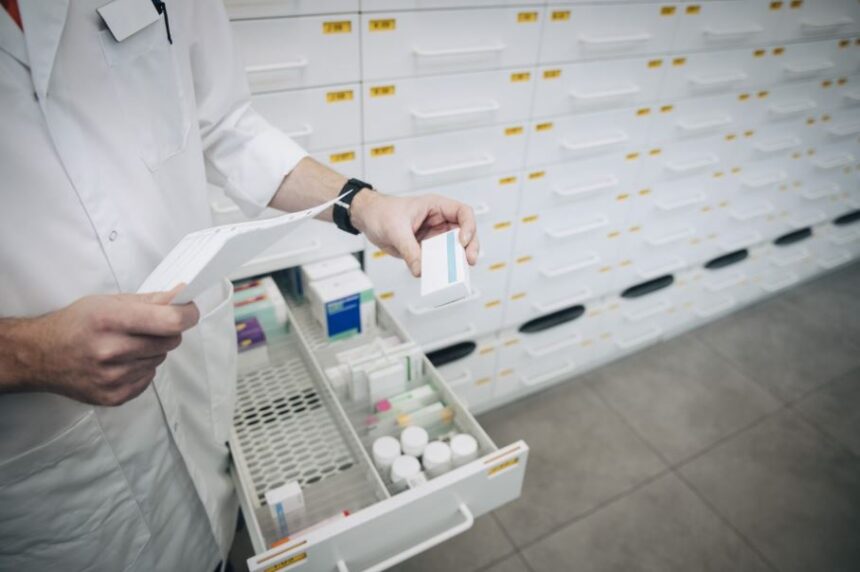Sweden: Siltanews – News Desk
A new drug reimbursement principle is seen as a significant departure from value-based pricing. Despite concerns, the new pricing system could increase the availability of some orphan drugs by 35 per cent.
The Swedish pharmaceutical pricing agency could decline to reimburse medication for a common disease. The new refusal option is primed if the drug’s total sales value is deemed excessively high. The agency says savings will allow for higher prices of orphan drugs for serious rare conditions.
A year ago, the Swedish Dental and Pharmaceutical Benefits Agency, TLV, suggested a game-changing new pricing and reimbursement model for medicines while working on a mandate from the Swedish government to broaden access to orphan drugs without increasing the costs.
In a new report published in January, the TLV has revised the details
It will now accept a higher price for certain orphan drugs intended for very rare and serious diseases with a prevalence in Sweden of fewer than 100 patients. According to the TLV, these groups have previously been at a disadvantage.
“We consider this to be driven by ethical and economic reasons. By taking patient numbers and sales volume into account in our decisions to a greater extent, we can improve access and achieve sustainable costs,” Sofie Alverlind, project manager at the TLV, told Euractiv.
Meanwhile, the agency will gradually lower the price of medicines for common diseases with high sales volumes. Prices will be reduced in relation to high sales figures.
“Our ambition is to generally avoid displacement effects within the system, as allocating significantly more funds to one group could impact others,” Alverlind stated.
The newly disclosed principle came as a surprise to LIF, the trade association for the research-based pharmaceutical companies in Sweden, Karolina Antonov the head of analysis at the organization, told Euractiv.
“The willingness to improve access to orphan drugs for very sick patients is welcomed, and we understand that the government’s drug costs need to be sustainable, but the new principle is a departure from value-based pricing,” she said
Antonov also added that LIF does not yet know what the new principle will mean for pharmaceutical companies since the TLV has not presented an analysis of the consequences. This makes an outcome unpredictable, she explained.
In addition, the TLV has not defined the presumed sales value that would cause an application to be rejected. According to Alverlind, this will be clarified later this spring.
In simulations, the agency estimates that its new pricing model could increase the availability of certain orphan drugs, including rare cancer drugs, gene therapy treatments, and other medicines, by 35 percentage points or more. It all depends on what new drugs we’ll see ahead and how effective they will be.
Maria Westerlund, the president of the patient umbrella association Rare Diagnosis in Sweden, told Euractiv that she has mixed feelings regarding the new model.
“I don’t know what to make of it at the moment. The investment in orphan drugs is, of course, very important and costs money, but there are other drugs which are vital to many people. I think it is unfortunate that patient groups are being set against each other this way.” She also wants to increase the number of patients who could receive the extra-highly paid medicines.
“New orphan drugs are being developed as diagnoses become more differentiated and sophisticated. Not only will they save lives, but also a lot of money for society, as effective drugs reduce hospital costs and costs for sick leave.” She also believes the TLV’s health economic calculations need a major review.
The TLV decides which prescription medicines will be reimbursed by the national benefits system, while the Swedish New Therapies Council, NT-rådet, makes decisions on hospital medication based on the TLV’s recommendations.
According to TLV estimates, if the TLV and the NT-rådet implement the new pricing and reimbursement model, the country’s drug costs will increase by €260 million to €870 million within ten years.

